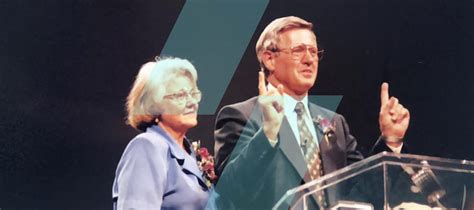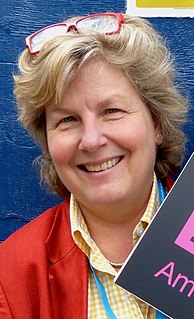A Quote by Peter Davison
Every so often I find some poems that are too good for the readers of The Atlantic because they are a little too involved with the nature of poetry, as such.
Related Quotes
When I am writing poetry, I try to make my mind go a little lazy, to not think too much, as a way of opening up the part of the brain that makes poems. If I'm successful in this part of the process I'm often not. If my mind gets too lazy it will linger in familiar boring territory, it's like my mind can stroke the physical world.
We drink too much, smoke too much, spend too recklessly, laugh too little, drive too fast, get too angry, stay up too late, get up too tired, read too little, watch tv too much. We have multiplied our possessions but reduced our values. We talk too much, love too seldom, and hate too often. We've learned how to make a living but not a life. We've added years to life, not life to years.







































